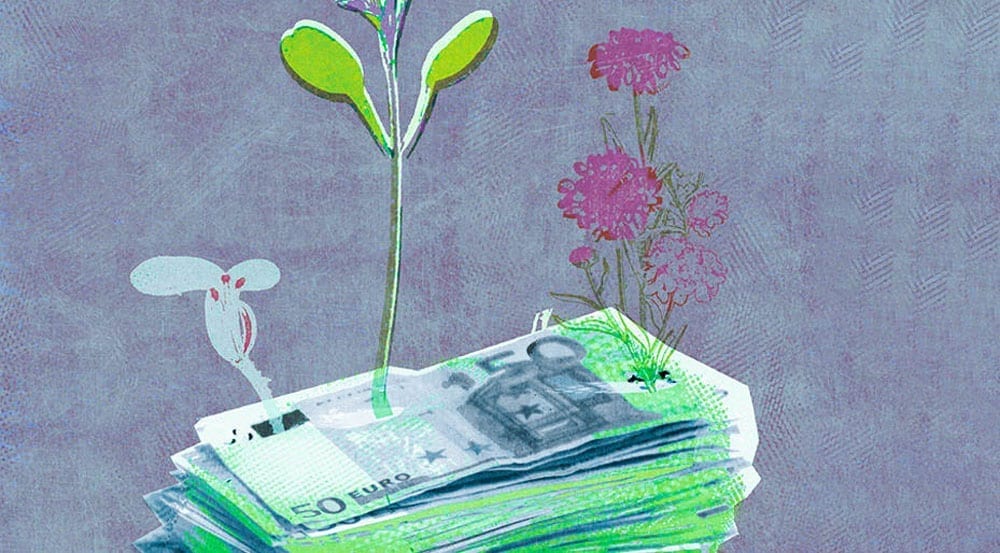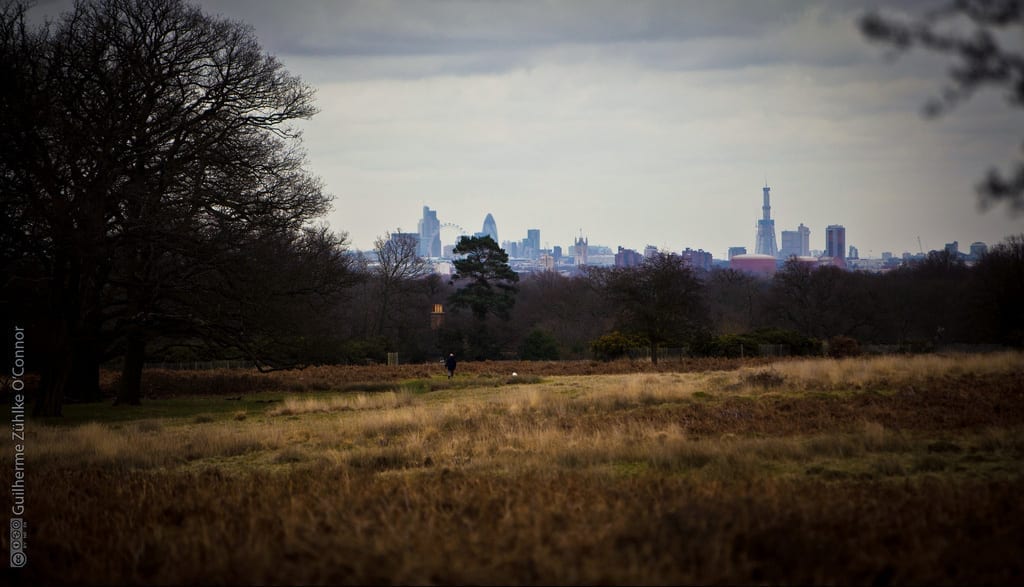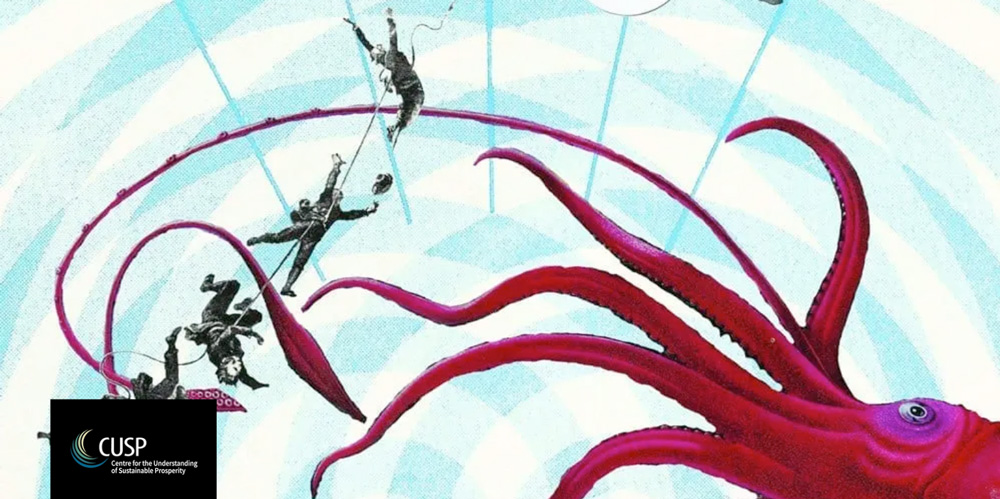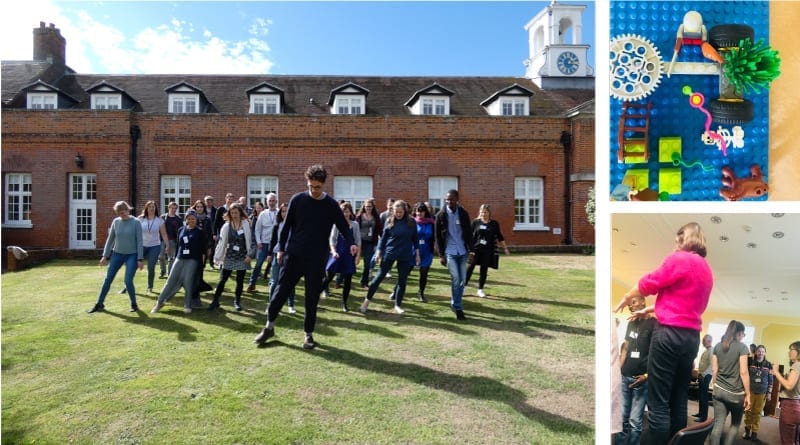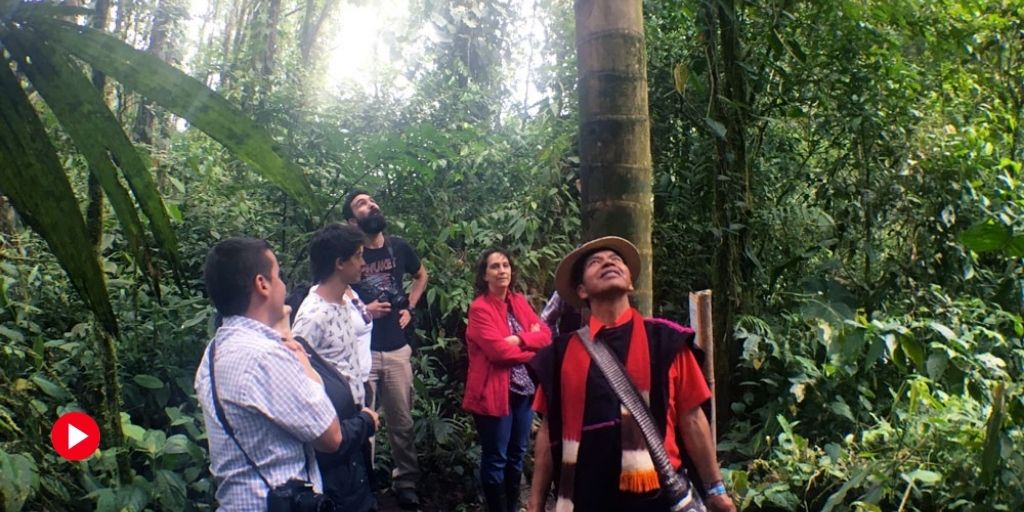BLOG
“Every society clings to a myth by which it lives,” Tim Jackson wrote in 2008, and “ours is the myth of economic progress.” For many economists, those who call for an end to the growth paradigm are utopian fantasists. But, as CUSP researcher Richard McNeill Douglas writes in this blog, the idea of eternal growth is itself deeply fantastical.
CUSP researchers have been awarded co-funding from the AHRC to investigate creative practices in design-led fashion micro and small enterprises (MSEs) as a driver for sustainable prosperity. As project work begins, Fergus Lyon is outlining the research agenda, and inviting fashion designers to participate in a short survey.
Can Nature Writing be a force for saving what we wish to conserve and carry on loving, and to hand on to future generations? Can it be a contribution to the political and social movements for a re-imagination of the good life, of sustainable prosperity? Taking seriously the claims of art to enable us to imagine other futures, CUSP is launching a call for entries for a new nature writing project: Nature Writing for the Common Good.
Part of our research aims to learn from grass-root initiatives operating in the circular economy in Nigeria; their hybrid organising strategies and, particularly, their attempts to propagate a circular economy culture at the individual, organisational and societal levels. Ahead of our forthcoming workshop in Lagos, CUSP researcher Adeyemi Adelekan reports from his PhD project and outlines some of the specific challenges developing countries such as Nigeria face.
“The circular economy is a very good idea, but it is a better idea when it is placed in the context of delivering prosperity, rather than aimed at increasing growth.” A conversation between Emanuele Di Francesco and Tim Jackson, discussing post-growth concepts of a circular economy, the limits of labour productivity and the dynamics of inequality.
There is a palpable sentiment across many liberal democracies that the status quo is not sustainable. Too often, the overwhelming popular desire for political action finds its outlet in a drift towards the far-right, Will Davies writes. The political task is to feel our way toward less paranoid means of connecting with one another.
Sustainable prosperity must involve equal respect for everyone, Priscilla Alderson argues in her guest blog, including traditionally excluded groups.
Research by Dr Denise Baden shows that solution based stories, or stories that smuggle in green ideas/characters in the context of an otherwise mainstream story are more likely to inspire greener behaviours than catastrophic tales of climate change. In her guest blog, she summarises some of her findings, and is putting them into the context of the first output of a green stories writing competition she led last year.
The last century has seen unprecedented economic and social progress for many people in many parts in the world. In light of climate change, and social and economic instability, the challenge is now to make ourselves at home with this wealth, to ensure, in the interests of equality, that everyone is included.
The 2018 Post-Growth conference at the European Parliament marked a milestone in the history of the post-growth debate. In this interview, Riccardo Mastini discusses the possibilities and challenges for imagining a world beyond growth with two key post-growth thinkers—Tim Jackson and Giorgos Kallis.
The Circular Economy Package and Plastics Strategy have set a high-level framework to improve the resource efficiency of the European economy. But to be effective, this framework must remain a policy priority for the next European Commission and Parliament, argues Nick Molho.
The hypothesis Richard Douglas is investigating in his CUSP research is that political resistance to environmentalism stems in part from a defence of modern ideas of infinity. The notion that there are inescapable limits to material progress, he argues, threatens the modern faith in humanity’s ability to control its own fate and journey into an unbounded future.
Our systematic failure to address existential anxiety robs society of meaning and blinds us to the suffering of others; to persistent poverty; to the extinction of species; to the health of global ecosystems. With this think piece, Tim Jackson adds to an eclectic set of essays, published in honour of Wolfgang Sachs.
With so much attention focused on what agreements come out of COP24, protesters should be seizing the initiative to attack the root causes of climate change, CUSP PhD researcher Christine Corlet-Walker finds. (This blog first appeared on The Conversation, 30 Nov 2018).
Richard Douglas introduces his new CUSP working paper, in which he uses ‘Listening Rhetoric’ to attend to the moral vision which environmental sceptics are keen to defend. The key to understanding their rejection of environmentalism—and doing more to counter the appeal of their arguments—lies in recognising their preoccupation with defending a moral vision of modernity, he argues.
XR is a rather potent campaign, CUSP researchers Joost de Moor, Brian Doherty and their colleague Graeme Hayes find, yet creating a movement that can have the impact XR aims for will require confronting the political as well as the moral challenges posed by climate change. (This blog first appeared on the openDemocracy website, 27 Nov 2018).
Cultural resistance to the need for a fundamental rethink of the way we conduct life is continuously fed by misleading words of charismatic thinkers such as Rutger Bregman and Steven Pinker, Teresa Belton finds. What we need instead are fresh holistic narratives to create a new common consciousness.
Rethinking our economic paradigms is an urgent and fundamentally important task. Giorgos Kallis’ new book Degrowth is adding to a joint endeavour of postgrowth thinking, CUSP PhD candidate Sarah Hafner finds. It offers both, a justification as well as a vision and new imaginary for the degrowth agenda.
The Entropy Law still matters. CUSP director Tim Jackson responds to Michael Liebreich’s essay on the ‘The secret of eternal growth’.
Claims of ending austerity ring hollow, Frank van Lerven and Andrew Jackson write, until we do away the ‘household fallacy’, and realise that public spending can be deployed as a potent weapon against many of the challenges we face today. (This blog first appeared on the NEF website).
Grassroots activism is widely considered a vital element in society’s shift to becoming more just and ecologically balanced. What is it about certain places/cities that makes them more conducive to the emergence and sustainability of environmental activism?
Coming at an interesting time for the city, Dan Lyttleton’s new photo book This Must be the Place prompts discussions of Stoke ‘free from cliches’. Given CUSP’s continued interest in the city, Mark Ball sat down with Dan to talk about his new book, the role of photography, and Stoke.
“What can children tell you about the good life? Oh popsicles are great, raisins suck.’’ — conversations like this can make for a good laugh, but exemplify an almost systemic scepticism towards children’s legitimacy in social debate, CUSP researcher Anastasia Loukianov finds. There are compelling reasons, she argues, for working alongside young people in defining what it might mean to live well in a world of planetary limits.
Since 2016, CUSP Fellow Laurel Gallagher has been developing youth-led placemaking projects in semi-wild disused urban spaces. Workshops invite young people to explore disused spaces, re-imagining them for their own purposes while experts bring the tools and skills needed to transform young people’s ideas into reality. In this blog, Laurel summarises a few of the project findings.
Our approach to economics and development needs fundamental transformation. A new global initiative is making connections between the diverse institutions and movements working on that task. Facilitating collaboration and knowledge exchange, the key aims of the new alliance are “to amplify and connect, to build and to promote the building of a wellbeing economy”.
As the negative well-being effects of materialistic lifestyles continue to be documented, it is crucial that we start to uncover ways of living well that do not rely so heavily on material inputs. Summarising her recent journal article with Birgitta Gatersleben and Tim Jackson, Amy Isham considers how choosing to invest our attention and effort into the creation of flow experiences might be able to help us to achieve sustainable prosperity.
Right before the calendar moved into autumn, we hosted our second CUSP summer school, bringing together young researchers for three days to share ideas, build friendships and have conversations that cut across (and sometimes challenge) the academic disciplines and experiences. In this short blog, Ellen Stenslie shares a few reflections.
In a transition to a more sustainable future, we need to dramatically change how we produce and source food, and develop systems that encourage consumers to purchase the sustainable foods that are available.
Democracy – as the political embodiment of a commitment to listening to the whole society equally, and facilitating fair participation in shaping its future – is not an inconvenience, but the only conceivable foundation for sustainable prosperity.
The UK is becoming an angry, divided and insecure country, Alan Simpson writes. Right now, it doesn’t have to be that bad. But we don’t have much time to play with. Another world is still (just) possible, but we need the courage to build it, now.
We need a new defining idea for political economy, writes Richard Douglas. Could we find it in the idea of economic activity as service? (This article originally appeared in Issue 6 of The Mint.)
“Growth for the sake of growth” remains the credo of governments and international institutions, Federico Demaria finds. The time is ripe, he argues, not only for a scientific degrowth research agenda, but also for a political one. (This article is a transcript of Federico’s address to the European Commission, in preparation of the 2018 Post-Growth conference at the EU Parliament, 18-19 Sept 2018.)
A recent trial of 4 day week in New Zealand inspired a 5% increase in life satisfaction. As celebrated as the results are, such measures are unlikely to contribute sufficiently towards more sustainable economies, Simon Mair argues, reflecting on the limits of such reforms within our current system. He wonders what it might take to get beyond 5% to something more utopian.
Partnerships are central to the achievement of all 17 Sustainable Development Goals (SDGs) but partners need to be proactive and willing. Summarising our recent contribution to the first comprehensive assessment of the UK’s performance against the SDGs, Victor Anderson explains why the UK’s progress has so far been limited as a result.
Natural Capital Valuation is a fiercely debated approach to account for nature in business and management decision processes. A new report by Aled Jones and colleagues finds that without extra checks in place to accompany the valuation frameworks, there is a real risk that biodiversity loss actually worsens as monetisation tools are embedded — and that they are not being used as intended.
The search for innovative ways of tackling sustainability and conservation challenges while supporting local communities and livelihoods has brought together a group of researchers from Colombia, Mexico, Peru and the UK. Summarising the workshop, Fergus Lyon is reflecting on how the concept of natural capital can be used (and abused).










